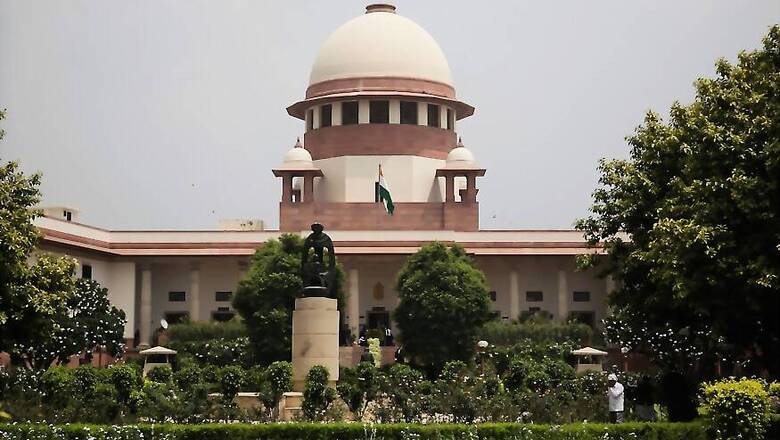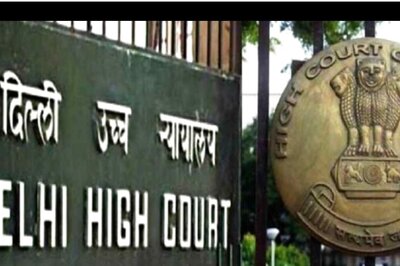
views
New Delhi: The Supreme Court on Friday gave its nod to ongoing projects under the government's ambitious Chardham development plan, which proposes to provide all-weather connectivity to the four holy towns of Uttarakhand.
The top court, however, said the stay on stalled projects under the plan would continue till further orders.
A bench of justices R F Nariman and Vineet Saran asked the Centre to file its affidavit on a plea seeking a stay on the order the National Green Tribunal (NGT), which had cleared the projects and set up a committee to oversee it.
The Chardham project intends to connect four towns of the hilly state -- Yamunotri, Gangotri, Kedarnath and Badrinath -- by all-weather roads.
The top court had on November 26 sought the Centre's response on why it should not stay the NGT order clearing the project.
Advocate Sanjay Parekh, appearing for the petitioner, NGO Citizens for Green Doon, had said that if the project was allowed to go on, an irreversible damage would be done to the ecology which would be equal to damage done by 10 hydro power projects.
He had added that mountains in Uttarakhand were very fragile and if environment concerns were not taken care of, a tragedy like the Kedarnath flash flood of 2013 can happen again.
The Kedarnath area in the state had received unprecedented rainfall between June 14-17 in 2013 and the Chorabari lake there had collapsed due to cloudburst resulting in a major flash flood.
Several roads, buildings and other structures were washed away and, according to the state government, the estimated death toll was around 10,000, with over 3,000 persons missing.
On September 26, the green tribunal had constituted a committee to monitor the ambitious road project while giving its nod with some safeguards in view of larger public interest and the country's security.
The committee headed by former Uttarakhand High Court Judge Justice U C Dhyani will oversee the implementation of the Environment Management Plan (EMP) of the project.
The petitioner NGO had said that the environment clearance was must for the project and the ongoing work was "blatantly illegal".
The Environment Ministry had earlier informed the NGT that it had received no proposal for environmental clearance for the project and hence the question of an environment impact assessment (EIA) study of such a project did not arise.
The ministry also said that under the 2006 EIA notification, only new national highways and expansion of highways over 100 km needed to get prior environmental clearance.
The NGO stated that the 900-km project in the hilly state was being carried out without any environment impact assessment.
It also contended that the Centre had allegedly deliberately broken the road project into small stretches to do away with the requirement for obtaining environment clearance.
It had alleged that the road widening work to connect Kedarnath, Badrinath, Yamunotri and Gangotri in Uttarakhand was being carried out in violation of environmental laws.


















Comments
0 comment